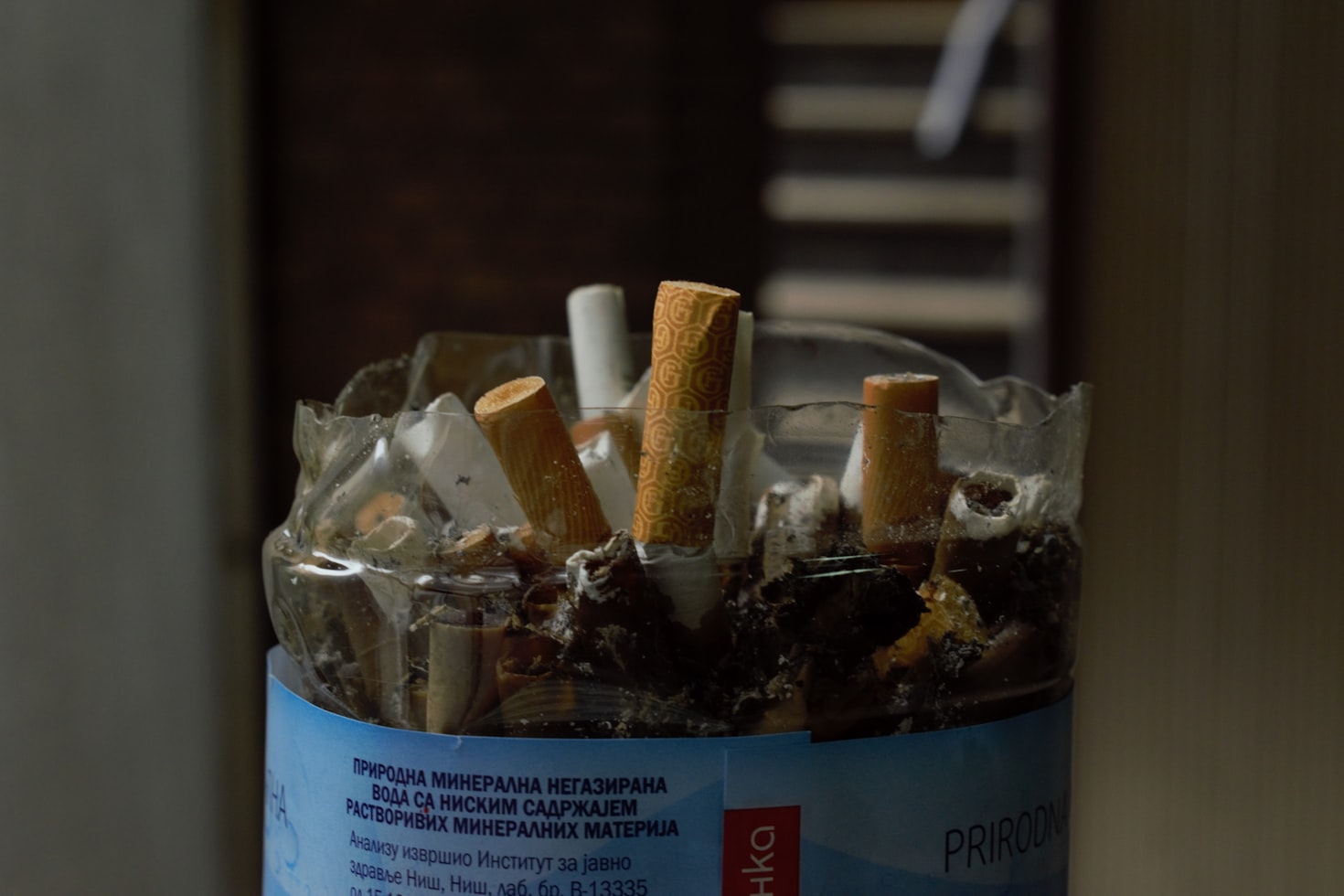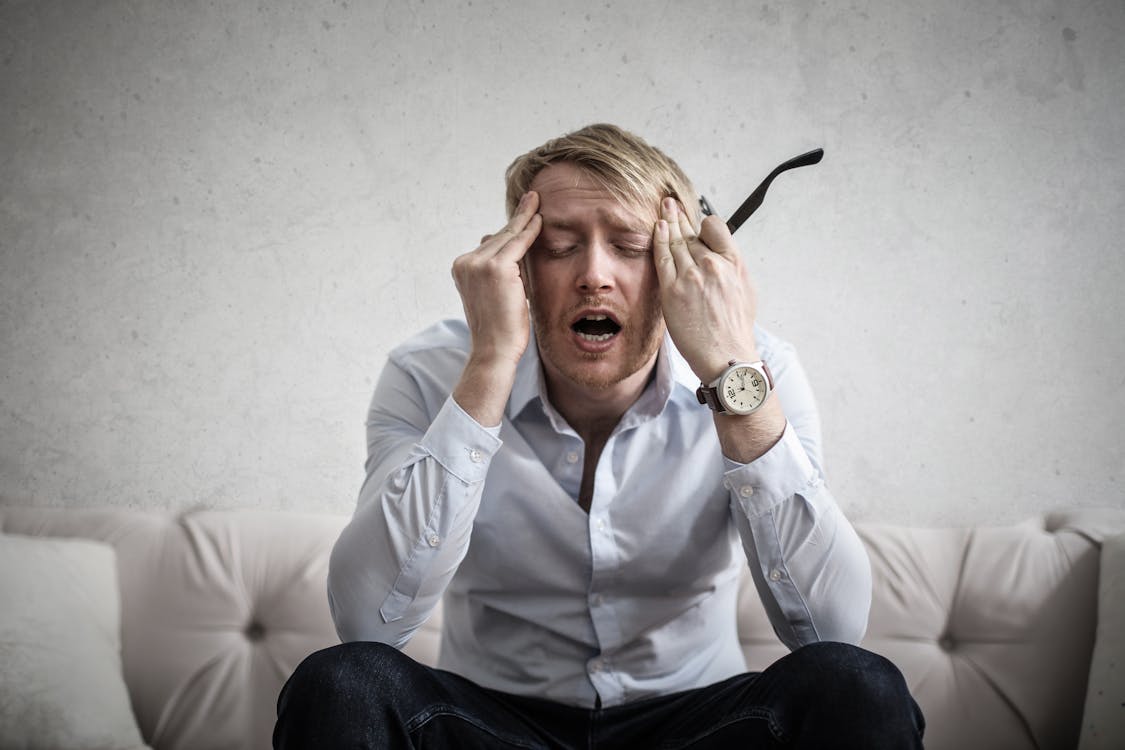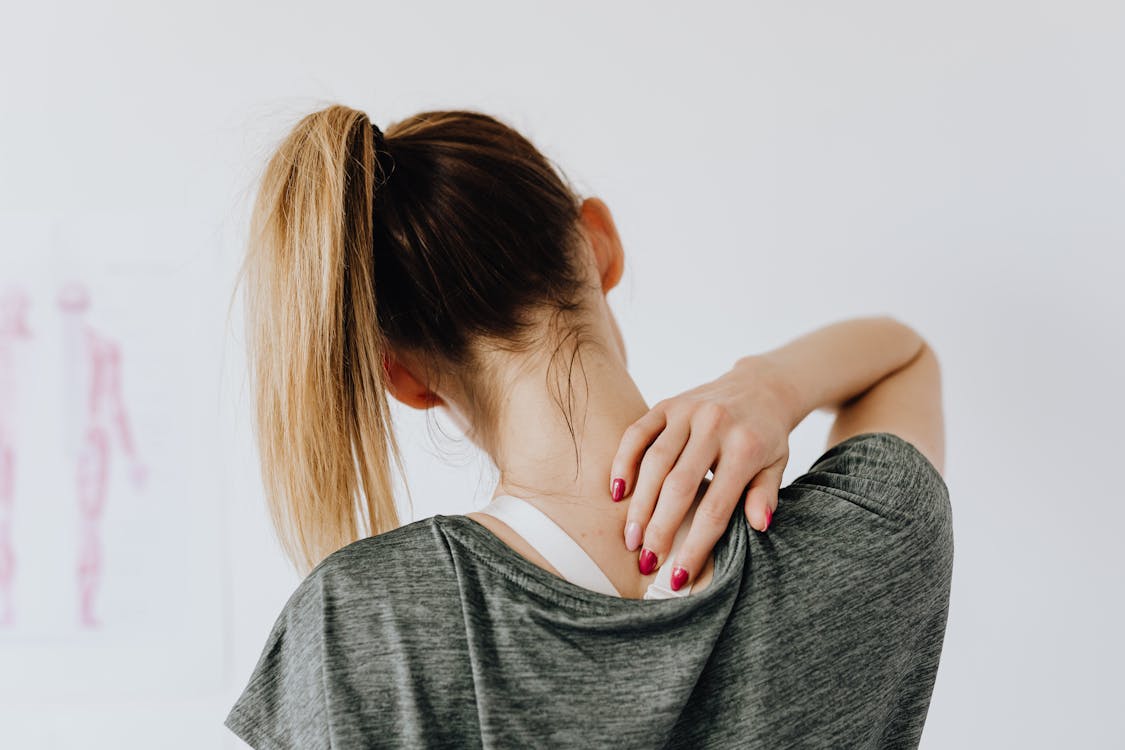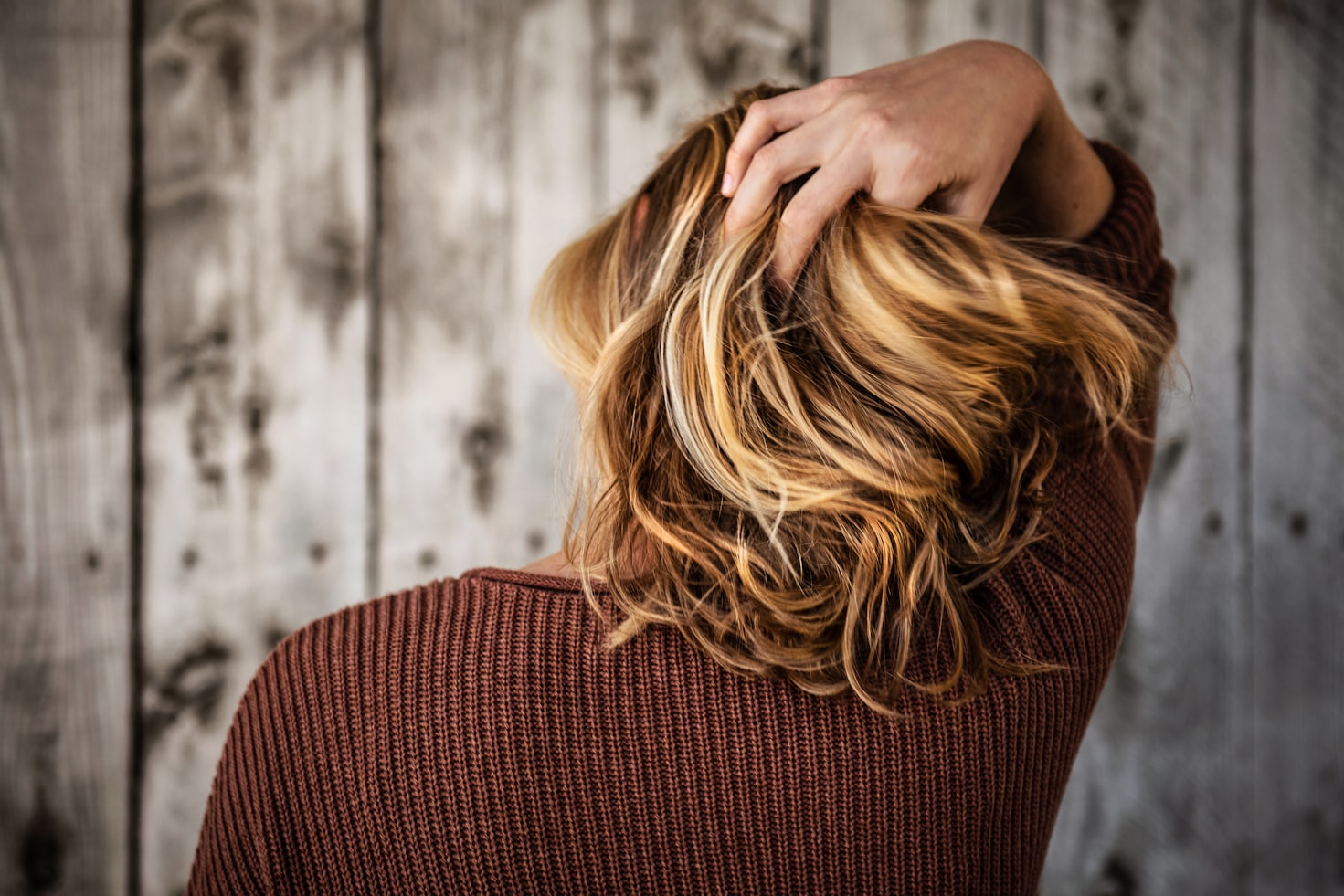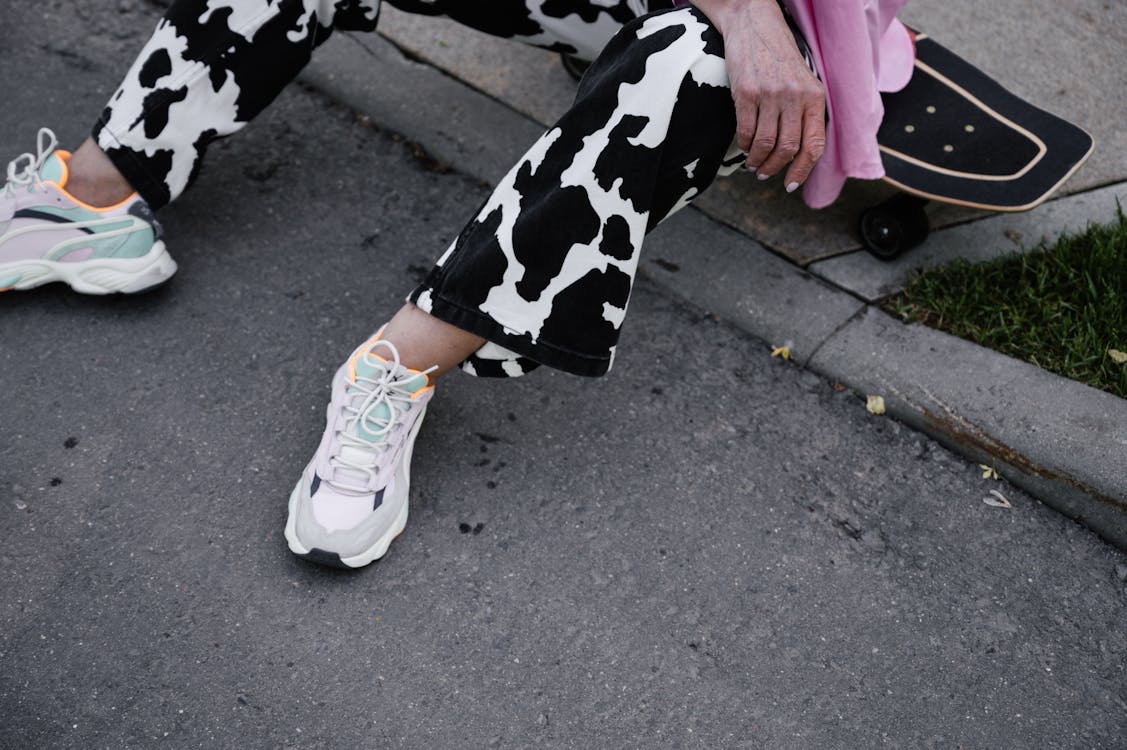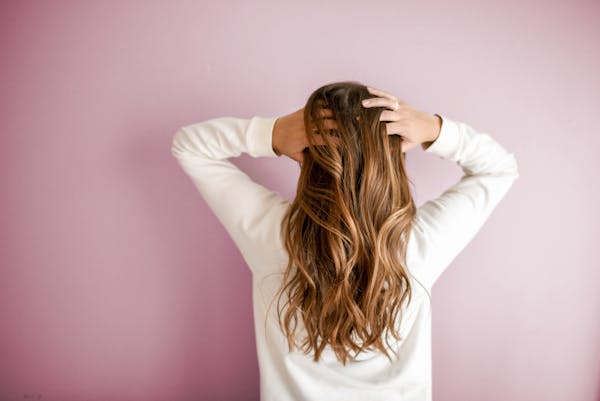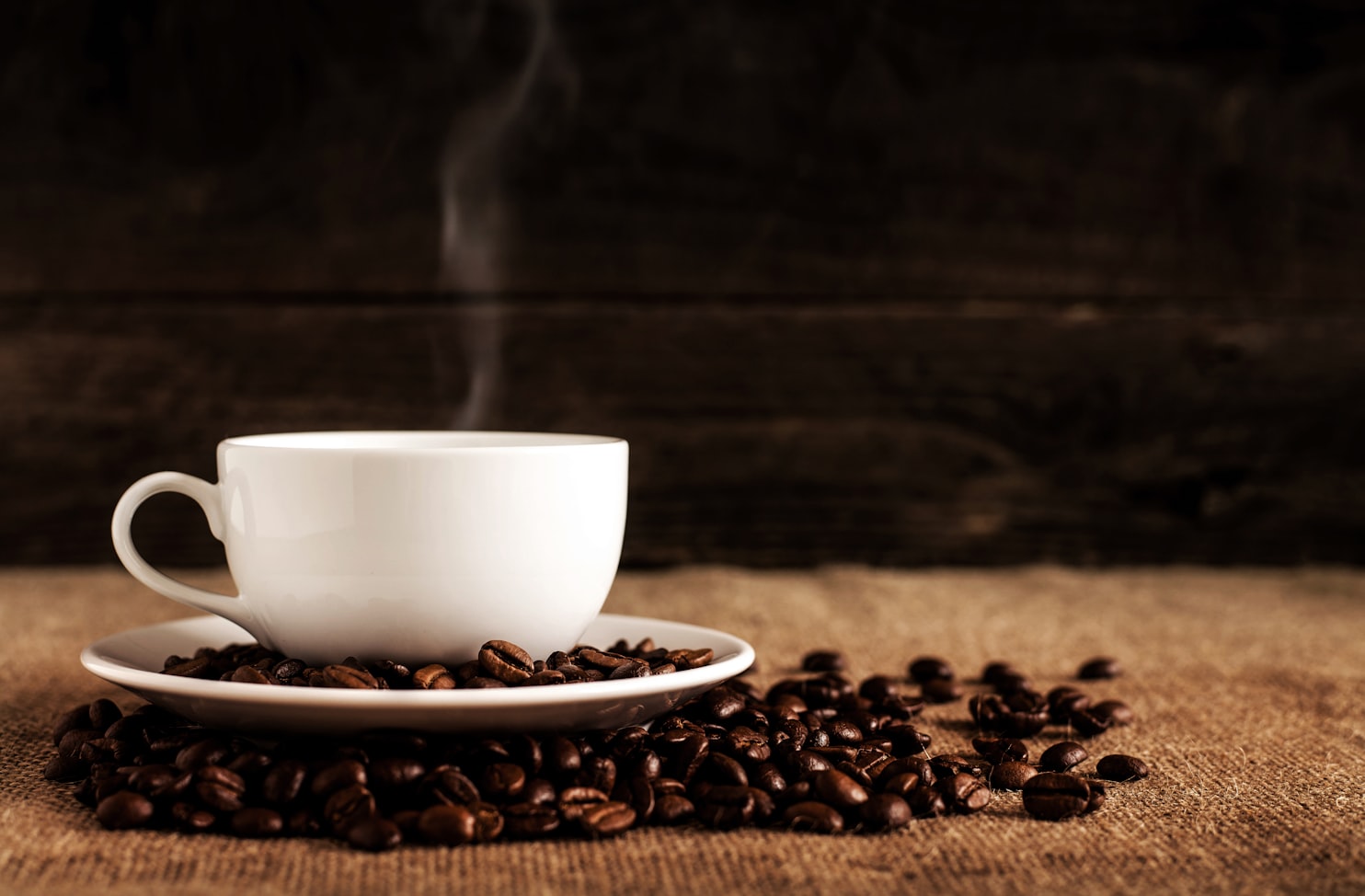

Caffeine intoxication is when extra stimulation and stupefaction are brought about when 250 grams or more of caffeine is consumed. Caffeine is the most commonly used mood-altering drug and can be found in coffee, tea, cola, and chocolate. Such forms of caffeine are used to stay alert, get rid of tiredness, and get over unpleasant moods instantly.
However, it is reported that 7% of caffeine consumers display symptoms of caffeine intoxication. Another 10% to 15% of the general population reported that they have given up coffee consumption because it brought about undesirable side effects. Brewed coffee has the most amount of caffeine per cup and instant coffee, brewed tea, caffeine-containing cola, and bittersweet chocolate follow.
Recent reports from the World Health Organization stated that almost 90% of Americans consume coffee daily and the average per capita consumption of caffeine is 280 milligrams. (Note that the diagnostic criterion is consumption of 250 milligrams regularly). Coffee and tea are the most widely preferred non-alcoholic beverages.
How caffeine intoxication occurs
Caffeine intoxication starts when one turns to caffeine-containing products for immediate stress relief. Mood-alleviating drugs such as these are extremely addictive because they get certain mechanisms in our bodies activated, which help us get by without distress.
Recent studies have shown that caffeine addiction goes beyond physical dependence just like any other drug; caffeine is mentally addictive too. That is, the perception is deeply rooted in individuals that, without caffeine, they will feel bad. Some of the reasons as to why caffeine is addictive are as follows;
- Our brains release adenosine when they feel tired and want to slow down. Caffeine imitates or replaces this chemical so the brain fails to get the message of physical fatigue for a while. After some time, usually a week of continuous caffeine consumption, our central nervous systems get used to the outside (caffeine), and thus, more caffeine is required to keep adenosine away. The result? Caffeine addiction or, feeling exhausted for no apparent reason when caffeine is not consumed.
- Caffeine also initiates rapid neuron firing in the brain which stimulates the pituitary gland and makes it pass messages to the adrenal glands to produce extra adrenalin. The more adrenalin, the more energetic you feel. However, in the long run, adrenal glands get overburdened (a process referred to as adrenal exhaustion) which will make the body want larger quantities of caffeine to stay alert.
- Caffeine also causes metabolic rates to increase which will make you hungrier and this will make your body want more energy-containing food such as starches and sugars, which, if consumed in larger quantities will make the body feel lethargic and want extra stimulation.
Symptoms & Types
Symptoms of caffeine intoxication according to the Diagnostic Statistic Manual (DSM) of Mental Disorders include:
- Restlessness
- Excitement
- Nervousness
- Flushed face
- Insomnia
- Diuresis (excessive urine production)
- Gastrointestinal disturbances including constipation and in some cases, diarrhea
- Psychomotor agitation including lack of muscle coordination in the worst cases
- Feelings of inexhaustibility or a rush of energy
- Muscle twitching
- Tachycardia or cardiac arrhythmia (heart rate faster than the regular resting heart rate and can even be dangerous according to the speed and type)
- The rambling flow of thoughts and speech
Diagnosis and Tests
In order to diagnose an individual as suffering from caffeine intoxication, he or she must show at least five of the above symptoms after the consumption of 250 milligrams or more of caffeine. In addition to those symptoms, individuals must display moderate to severe impairment in day-to-day functioning such as occupational and social distress. Most importantly, the symptoms should not be due to the inducement of other drugs or due to mental or physical illness.
One of the most widely used tests to see if the body is suffering from excessive amounts of caffeine is a caffeine breath test. This is similar to tests conducted with alcoholics and smokers to see how much of the drug has been consumed. Other tests that can indicate long-term caffeine intoxication include;
- Measurement of the Antidiuretic hormone (ADH) in blood
- Testing for allergy or asthmatic responses due to caffeine through tests such as IgE and IgG
- Adrenocorticotropic hormone stimulation (ACTH Stimulation) tests
If evidence showing excessive consumption of caffeine is detected, the individual is interviewed and/ or observed by trained therapists to note if the client fulfills the diagnostic criteria as stated above.
Treatment Options & Care
There is no better option than staying away from drugs. Choosing healthier alternatives such as decaf coffee, tea, and cola or turning to healthier energy-boosting options such as working out regularly, meditating, increasing the magnesium intake, eating healthy, and drinking a lot of water, is the best way to keep from conditions such as caffeine intoxication for good. By using decaf strips to measure the caffeine content of products, you may keep track of the daily caffeine consumption and ensure that it stays well below 250 milligrams.
The first step in treating caffeine intoxication is realization by the sufferer himself. When an individual realizes that he or she is suffering from an unhealthy addiction, it is in fact easier to treat them. Some of the successful treatment for caffeine addiction includes;
- Cognitive behavioral therapy
- Group therapy
- Ayurvedic medical treatments
- Hypnotherapy
Cognitive behavioral therapy focuses on altering misperceptions of the individual and habit change. This could include focusing on the thought the sufferer has, that he or she must have caffeine to stay alert and happy, and changing it to a more realistic and healthy way of thinking. Teaching how to stay away from caffeine or regulating the amount consumed is the main focus of behavioral therapy. Behavioral therapy may also help individuals to address symptoms of intoxication better.
Group therapy enables the individual to share experiences with people going through the same difficulties. This will give them a sense of security and motivation and is considered as successful as individual psychotherapy. Hypnotherapy is also a successful method to address all forms of addiction, by going deep into the internal causes of addiction or substance dependence. Ayurvedic medical treatment methods include teaching meditation and thus, emotion regulation and also helping the body detoxify by using herbs such as kudzu, chamomile, Clary sage, juniper, and ylang ylang.

